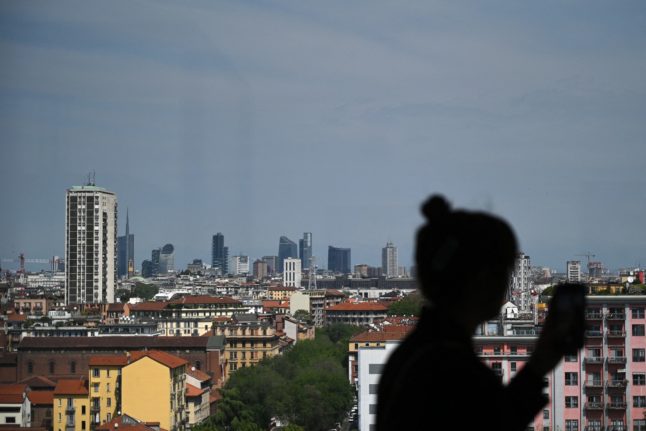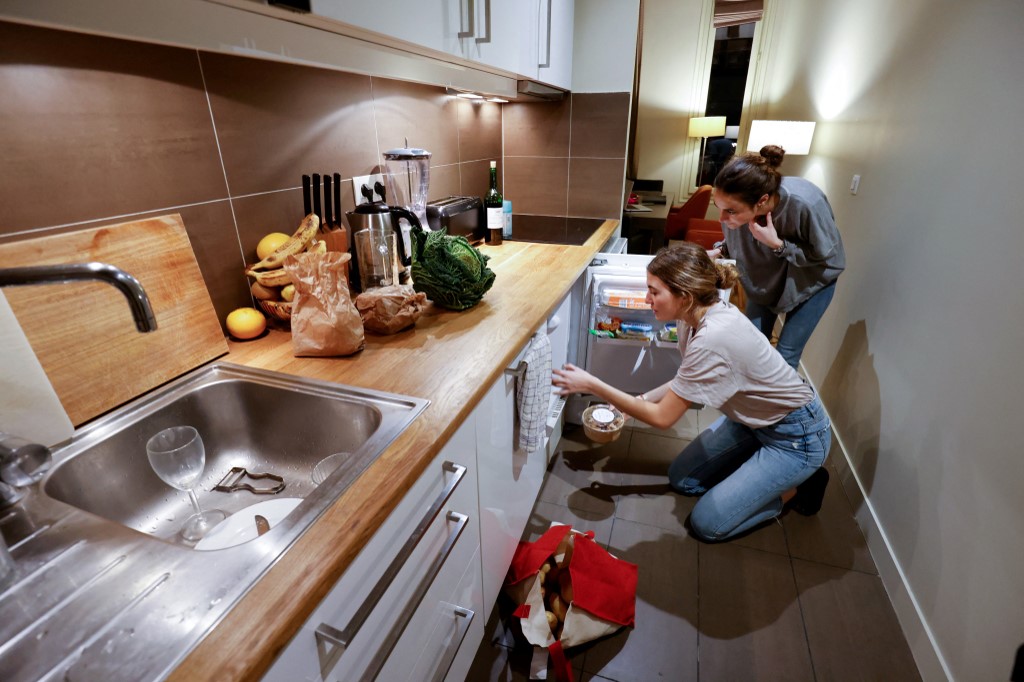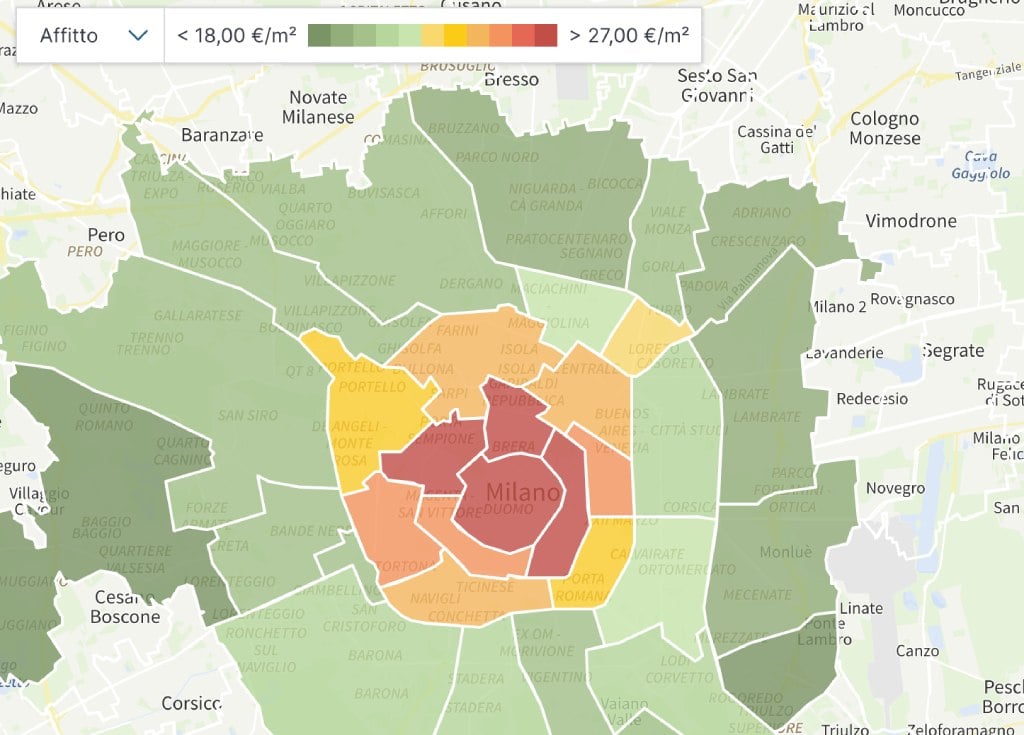Breaking into a new social circle is tough pretty much anywhere in the world once you get beyond university exchanges and gap years.
In your 30s, people are settled and busy with their own families, established friendships and demanding jobs. Throw in a new culture and language and there’s an extra challenge you have to face.
But face it you must if you’re going to make the most out of life in Italy and especially as, for me it seems, I’m in it for the long haul as I’m marrying an Italian.
READ ALSO: ‘We’re exhausted’: What it’s like planning a wedding in Italy during the pandemic
Finding your own friends and people you can call on is as important as registering with your local town hall and all the other seemingly endless bits of bureaucracy you need to do to live in Italy.
The pandemic has been a test of mental and emotional strength and my wellbeing has undoubtedly taken a hit after months of restrictions, unable to either leave the apartment or not stray very far from it.
And working from home, or ‘Smart Working‘ as the Italians dub it, has only increased my isolation further.
READ ALSO: Not just teaching: The jobs you can do in Italy without speaking Italian
Once Italy opened up again for the summer season, I was ready to get out and live again. But then I felt blocked when the realisation dawned on me: I’m alone. What friends can I call on to go out for a drink or a wander?
So, I was determined to take charge of my social life and finally take the chance to create my own support network.

I’m usually outgoing and sociable – and have lived in many places around the world, normally making friends fairly easily.
But after months of being cooped up, I recognised I needed to push myself back out into the world before I became a complete grouch.
I’d got used to this new life of relative solitude, unable to travel to see friends and family, but I knew it was neither healthy nor sustainable for me.
READ ALSO: ‘I’m going crazy’: Why international residents in Europe will travel this summer despite Covid
Another problem was I had no established social life in Italy before. I arrived six months before the pandemic hit and so I’d only just about managed to get going with a job and start receiving invitations to aperitivo nights or a passeggiata.
But with various lockdowns after almost two years here, I’ve been in stasis and I have to start from square one again.
I scoured Facebook for meet-up groups around Bologna, as it’s the bigger of my two closest cities.
That’s another problem you might face if you move to Italy. For whatever reason, by accident or design, you might live in the countryside, which narrows your options even further.
So you have to accept you’ll need to put a bit of extra effort in to see new faces and make connections.
Turns out there are plenty of online groups for meeting new people in my nearest city and, after months of suspended activities, it seems people are coming out their shell again to mingle and enjoy Italy once more.

I clicked ‘going’ on a Facebook event I found for women in Bologna, called ‘Girl Gone International’. That’s it, once I’ve committed I don’t back out so it was my own insurance to force myself to make the 40-minute journey after work.
We met in the park in the centre of the city for a chat. It was really informal, relaxed and everyone was curious about each other.
The usual social dynamics of new people all together for the first time came into play and I did my usual fretting of whether I spoke too much, asked others too many questions or revealed too much too soon.
Everyone there was intelligent, had interesting jobs and stories of how they’d ended up in Bologna. I found out new restaurant recommendations from long-term residents and tips for hiking spots.
These are the gems you miss out on if you stay in your own bubble.
A few weeks passed in between and I wasn’t very proactive in asking people if they wanted to meet up. Between work, planning a wedding and buying a house, the spirit was willing, but the flesh was too hot and tired.
Another opportunity cropped up though, and I was back in the city on a Friday night, meeting more of the group and getting to know them better over a glass of wine and a plate of Italian bread snacks called taralli.
Turns out I just might have found people I have lots in common with. They love the outdoors, trying new food and do litter clean-ups.
Plastic-hating, nature-loving foodies? Jackpot.
Sometimes, just knowing there are people who are keen to meet up is all you need.
Making true friends takes investment and I expect it’ll be a while yet before I have that person in my life I can call anytime and be fully myself with. Politeness is tiring, after all.
But for now, I’m a little less alone and a bit more me. And after a fairly rocky start to my life in Italy, having something to look forward to, at last, is enough.





 Please whitelist us to continue reading.
Please whitelist us to continue reading.
I can relate to this so hard. Moved to Genova a couple months before lockdown. Met approximately 4 people over the summer (last year), then moved to the middle of nowhere for the first half of this year. I’ll be back in a city starting next month, so this is the perfect motivation to get out and meet people!
Erin I have been living in Genova off and on over the past 2 years and returning in September, if you’re back in the area look me up on FB if you’d like to connect!
Thanks Anitra! We are now living in Asti, but I’ll reach out if we come back to Genova.
Thank you for writing about this topic Karli. I too relate 100% to this and feel slightly more challenged in that I am also in my early 40s, single and without work still so it’s been further limiting. I have found that going to language school has provided some solace but I hope things shift when I find work and have the opportunity to meet more locals. I’m glad things are getting better for you!